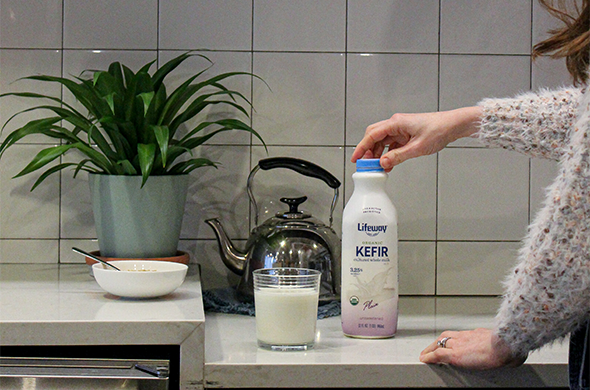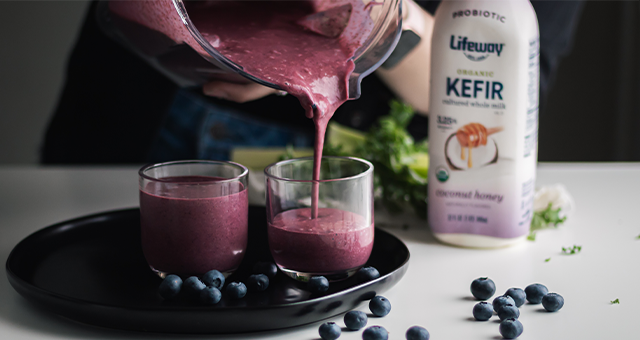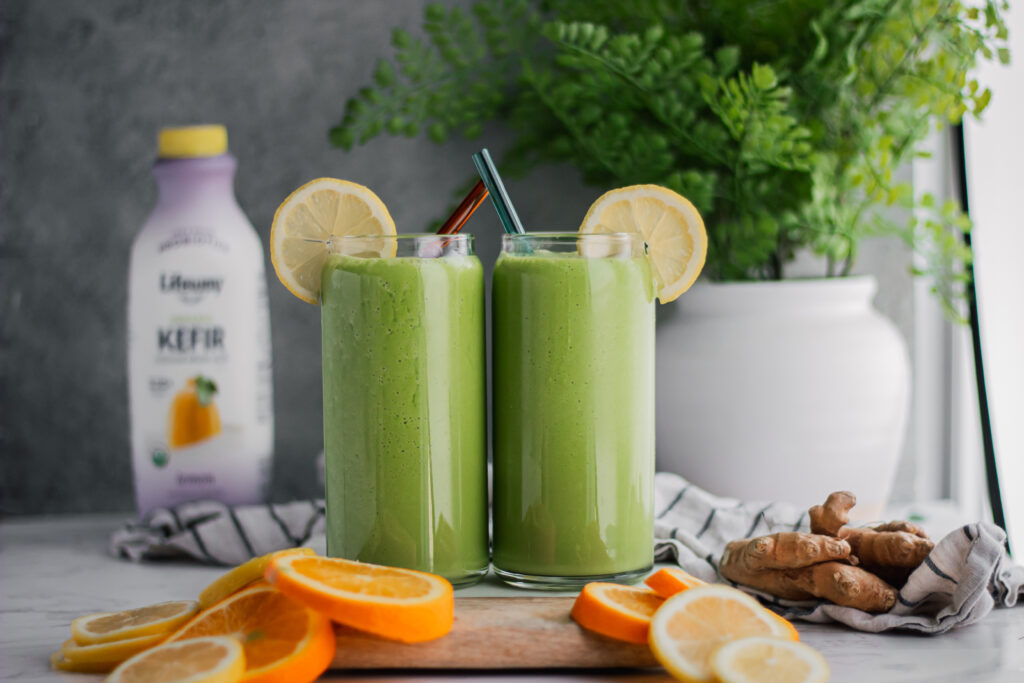Spring means the return of warm weather, but it also means the start of allergy season. From the sniffles to itchy eyes, headaches to asthma and beyond, seasonal allergies affect millions of people every year. In fact, according to the Centers for Disease Control and Prevention, allergies are the sixth leading cause of chronic illness in the U.S. and more than 50 million Americans suffer from them each year!
If you’re looking for relief from your allergy symptoms, you can try…
- Fighting them naturally through holistic remedies and over-the-counter treatments
- Treating and preventing them through supplements
- Reaching out to your doctor for a pharmaceutical aid
Many medical professionals agree that pharmaceutical aids tend to work better than supplementation alone, but some, like David C. Leopold MD, director of Integrative Medical Education at the Scripps Center for Integrative Medicine in San Diego, say that it’s possible to manage allergies with natural remedies, or with remedies as a complement to drug.

Handling Seasonal Allergies: The Proof is in the Probiotics
Your gut is closely linked to your immune system, so probiotic-rich foods can have similar benefits for your sinuses. Fermented foods, such as kefir, may help improve allergy symptoms, including:
- Sneezing, runny or stuffed nose
- Coughing and postnasal drip
- Red, itchy eyes, nose and throat
- Dark under eye circles
This study got us wondering about what other natural remedies can ease allergy symptoms, in addition to probiotics. Here’s what we found out.

More Important Allergy Tips:
Saline Solutions
Most commonly used with Netti Pots, saline solutions work by flushing out your nasal cavities and removing dust, pollen, animal dander and mold spores. There are few side effects associated with saline solutions and take care when pouring liquid in your nose.
Quercetin
According to the University of Maryland Medical Center, quercetin prevents immune cells from releasing histamines, the chemicals that cause allergic reactions. Not enough tests have been conducted to say whether or not they work in humans (the tests were all done in test tubes). So while there’s promise here, it’s best to speak with your doctor first before trying it, especially if you have liver problems or are pregnant.
Nettle Leaf
Nettle Leaf, also called stinging nettle, has a long history (we’re talking hundreds of years long) of being used to treat a variety of ailments, including muscle and joint pain, eczema, arthritis and hay fever. As with quercetin, there is insufficient scientific evidence to show whether or not it’s effective, however one preliminary human study suggested that nettle capsules helped reduce sneezing and itching in people with hay fever. In another study, 57% of patients rated nettles as effective in relieving allergies, and 48% said that nettles were more effective than allergy medications they had used previously.
Steam + Essential Oils
For many people, blocked air passages are one of the most common symptoms of seasonal allergies. Steam, in the form of showers or simply hovering near a bowl of hot water, can help to loosen mucus and open blocked nasal passages. Add an essential oil with piney, menthol notes, and you get even more nasal passage opening prowess. This home remedy is one of the easiest and most basic ways to treat a stuffy nose and we know a good deal of the Lifeway family swear by it!
